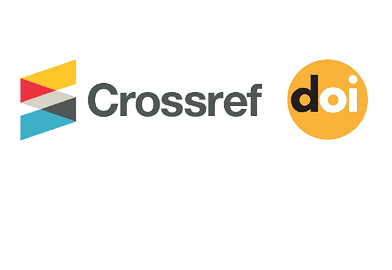Effectiveness of Cognitive Behavioral Therapy on the Depressive Symptomology of Women with Polycystic Ovary Syndrome
DOI:
https://doi.org/10.52461/pjap.v3i1.1213Keywords:
Poly cystic Ovary Syndrome, Depressive Symptoms, Cognitive Behavioral TherapyAbstract
The current research aimed to determine the effectiveness of Cognitive Behavioural Therapy to reduce depressive symptoms in women diagnosed with Polycystic Ovary Syndrome. A quantitative pre-test-post-test design was employed and six women with mild to moderate symptoms of depression, aged between 19-40 years were recruited using purposive sampling technique using the Patient Healthcare Questionnaire (PHQ-9) (Spitzer et al., 2001). It was hypothesized there will be a relationship between Polycystic Ovary Syndrome and symptoms of depression and that Cognitive Behavioural Therapy would be effective in ameliorating the effects of depression in women with Polycystic Ovary Syndrome. Quasi research design was used. A total of seven group therapy sessions were conducted and Statistical Package for Social Sciences was used to analyse the results. Result indicated that Cognitive Behavioural Therapy significantly reduced the symptoms of depression in women with Polycystic Ovary Syndrome (p <0.05). This research can aid medical practitioners in creating structured holistic treatment programs to treat the physiological as well as emotional factors of the disorder.
Downloads
Published
How to Cite
Issue
Section
License
Copyright (c) 2023 Sarah Baig, Zara Israr, Sheeba Farhan

This work is licensed under a Creative Commons Attribution-NonCommercial 4.0 International License.
All the articles editorially accepted for publication by the Pakistan Journal of Applied Psychology (PJAP) are licensed under the Creative Commons Attribution-NonCommercial 4.0 International (CC BY-NC 4.0) Submitting a manuscript to PJAP, the author has to certify that he/ she is authorized by other contributors (s) and co-author (s) to enter the publication process.




